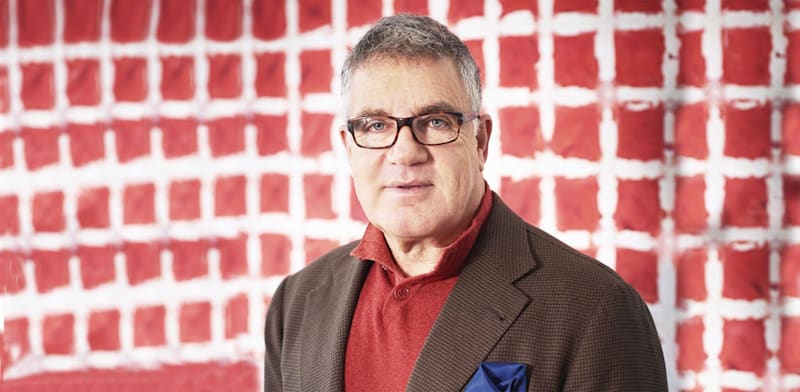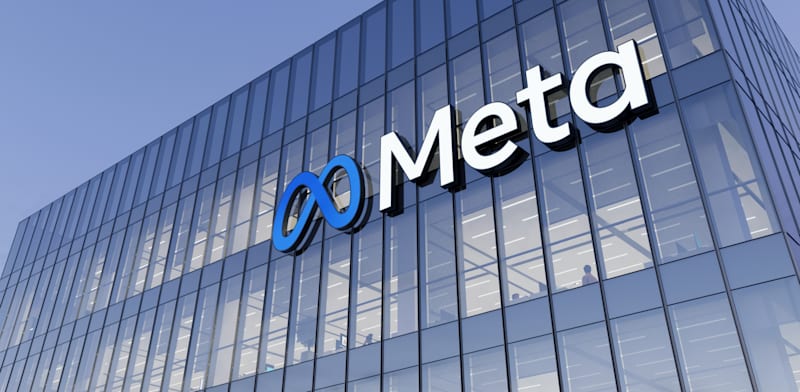ARTICLE AD BOX
Darren Friedman, a partner at alternative investment firm StepStone says the traffic jams in Tel Aviv show that it is business as usual here.
Darren Friedman, a partner at alternative investment firm StepStone focuses his investment portfolio on technology, healthcare, and infrastructure sectors in the US. However, he expresses concerns about Europe, "It's remarkable that countries like Greece, Italy, and Spain now appear to be the bright spots on the continent.
Friedman, an American-Jewish investment manager and ardent supporter of Israel, has visited Israel several times since the start of the war. He has toured the Gaza border region, met with families of hostages, and even cooked meals for soldiers in the north. "After October 7th, I came with 18 friends from the community. It’s important to me that Israelis know they have broad, unwavering support in the US, despite what they may hear in the news or on social media. Many friends, colleagues, and investors were called up for reserve duty. Just recently, I met someone being called up for the fourth time."
"Globes" spoke to Friedman during another visit to Israel, this time as part of a collaboration with Value Advanced Investments, which "is working with us on fundraising for our flagship fund." According to Friedman, working on Wall Street was always his dream: "I love the dynamic nature of the investment world, which constantly evolves."
Friedman grew up in New York, worked in banking in Chicago (where he met his wife), and returned to live in New York. Now, at 56, he is a senior partner at StepStone, an alternative investment firm traded on Nasdaq at a market cap of $7.3 billion. The firm manages $176 billion in assets and advises corporations, accredited investors, and various entities, including "some of the world’s largest pension funds." The company's revenue for the first half of 2024 totaled $458 million, with a net profit of $111 million.
Friedman stresses that his visits to Israel also reflect deep faith in the local economy. "It's too early to gauge foreign investors' sentiments, but from my perspective and that of many at StepStone, the Israeli economy is resilient and robust. Over the past 14 months, Israel has faced war, mass reserve mobilization, and economic challenges. If we take the traffic jams in Tel Aviv as an indicator, business continues as usual. Israel remains a leader in technology and healthcare, and investments, particularly from venture capital funds, continue to flow. Many believe that in the coming year, we’ll see more innovation, some of it derived from military experience and learning".
He elaborates: "Developments like laser defense systems and underground mapping and tracking technologies could also be relevant to civilian fields such as construction and mining. The Israeli economy's ability to withstand these challenges demonstrates exceptional stability. I believe significant investments will come, but it will take more time."
Trump will have a positive impact
Amid a two-year bull market in the US stock market and historically high valuation multiples on Wall Street, Friedman asserts, "We can expect a correction and a return to a more rational valuation environment. Certain areas of the market are stretched nearly to their limit, and it’s hard to see how they can replicate the performance of recent years. In my view, a reversal and declines are a natural and necessary course of action."
"It’s true that over the past two years, the public markets have performed very well, but it’s important to remember there are years of declines, like 2022 or 2018," he adds. He further notes, "The likelihood of seven stocks, remarkable as they may be, continuing to push the S&P 500 higher is debatable. However, there’s no debate about the fact that their heavy weighting in the index creates a certain distortion in its composition, undermining the effective diversification it once offered before the massive surge in their valuations."
However, he emphasizes that "Looking ahead to 2025, it seems that US companies continue to grow at an annual rate of 10%-12%, and therefore, we remain optimistic about the US economy."
Regarding the anticipated impact of the returning President Donald Trump, Friedman predicts that he will continue to promote pro-business policies, and some of the market gains have already been driven by these expectations.
On the other hand, Europe appears to be facing a challenging period, particularly in France and Germany. Surprisingly, Southern European countries like Greece, Italy, and Spain, once considered the 'black sheep of Europe,' now seem to be the bright spots on the continent."
Regarding the bond market, Friedman considers it attractive, stating, "Over the past decade, we’ve grown accustomed to a near-zero interest rate environment, but in a 50-year perspective, this is not the norm. There were years with bond yields exceeding 5%. There may be room for slight interest rate reductions, but even that would happen only gradually. If the US economy continues its current growth trajectory, I don’t foresee significant changes in yield spreads."
To build on infrastructure
When asked to construct an investment portfolio, Friedman opts for one similar to the general portfolio of institutional investors in Israel, combining equities, bonds, and alternative assets. He allocates 40% to equities, primarily in the US
For the bond component, he splits it into 12.5% in government bonds and 12.5% in corporate bonds, with the majority of this allocation (65%) in the US, 30% in Western Europe, and 5% in Israel.
The remaining 35% of the portfolio is allocated to alternative assets, with 20% in private equity funds investing in private companies and 15% in private debt, primarily in the U.S. as well.
Regarding sectors he finds interesting looking ahead, Friedman focuses on the technology sector, which "will continue to be a significant and dominant driver of growth and is involved in nearly every field. We invest in manufacturing companies where the real growth engine is technology or automation. We favor manufacturing companies that require minimal labor."
Additionally, he believes the healthcare industry is interesting but warns that "the sector could be affected by legislation from the new administration, so selectivity is essential. IT companies in the healthcare field seem promising."
He also views the infrastructure sector positively, stating, "The world relies on this growth, and it’s evident everywhere. These are stable assets that generate high returns alongside steady cash flows."
Risks in Alternatives
While leading an alternative asset firm, Friedman acknowledges that the broader Israeli public has been exposed to some problematic funds in this space. To avoid poor investments, he recommends working with "established entities with high transparency, publicly traded companies (like ours), and those subject to regulations such as the US Securities and Exchange Commission."
He also recommends examining the track record of the managers and their expertise in relevant sectors, as well as the stability within the management organization - frequent changes can be a red flag. Lastly, he suggests speaking with former partners who worked with the organization to gain insights into the quality of its management.
According to Friedman, the major drawback of the alternative investment world is the lack of liquidity - the inability to enter and exit investments at any given time. However, he notes, "You are compensated for this with a significant premium for illiquidity. Most investors, including institutional ones, overestimate the level of liquidity they actually need."
Published by Globes, Israel business news - en.globes.co.il - on December 10, 2024
© Copyright of Globes Publisher Itonut (1983) Ltd., 2024

 2 weeks ago
47
2 weeks ago
47








 English (US) ·
English (US) ·